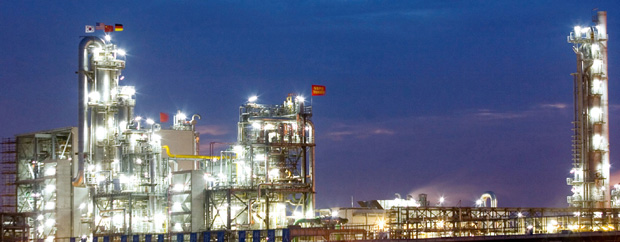
May 2013 - Prices on global carbon markets have plummeted in response to a heavy surplus of allowances in the EU ETS. Increasing the demand through more ambitious mitigation commitments could revive carbon markets, but is politically very unlikely. The Wuppertal Institute assessed a set of 14 alternative proposals for how to support the market.
In efforts to level out the imbalance in supply and demand on the international carbon market, two fundamental approaches are possible: An artificial reduction in supply, and an increase in demand. Proposals abound for both. These range from raising climate change targets to creating a central certificates bank to (short-term) stoppage of certificate issuance.
The Wuppertal Institute has systematically analysed some 14 proposals and used three criteria to evaluate whether they have the potential to stabilise the carbon market. Can the instrument influence supply and demand in the necessary time-frame and magnitude? Does it send a positive message for the future of the carbon market? And finally, are the measures acceptable to both policymakers and market players?
Only three of the options analysed are seen to promise any significant impact on the carbon market, but even these have their limitations. In- creasing the climate change targets for industri alised countries would send out a strong message and would no doubt rekindle market players’ trust in the future of the market. That this instrument might be implemented is highly unlikely, however. Discounting of certificates appears more acceptable: In reality, it amounts to no more than an increase in emission reduction targets. A third option would be to use international climate finance – say from the Green Climate Fund (GCF) – to buy up excess certificates. But here again, it is questionable whether mobilising the necessary billions involved is at all politically practicable. In addition, the CGF’s mandate to support transformative projects would seem incompatible with an across-the-board purchase of all excess CDM-generated certificates.
Cookie Settings
Marketing-Cookies werden von Drittanbietern oder Publishern verwendet, um personalisierte Werbung anzuzeigen. Sie tun dies, indem sie Besucher über Websites hinweg verfolgen.
Provider:
Statistik Cookies
Statistik-Cookies dienen der Analyse und helfen uns dabei zu verstehen, wie Besucher mit unserer Website interagieren, indem Informationen anonymisiert gesammelt werden. Auf Basis dieser Informationen können wir unsere Website für Sie weiter verbessern und optimieren.
Provider:
Erforderliche Cookies
Erforderliche Cookies sind für den reibungslosen Betrieb der Website zuständig, indem sie Kernfunktionalitäten ermöglichen, ohne die unsere Website nicht richtig funktioniert. Diese Cookies können nur über Ihre Browser-Einstellungen deaktiviert werden.
Provider: